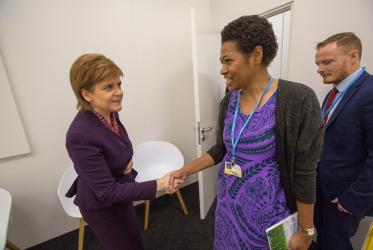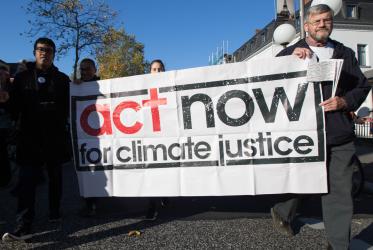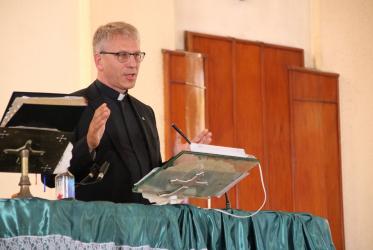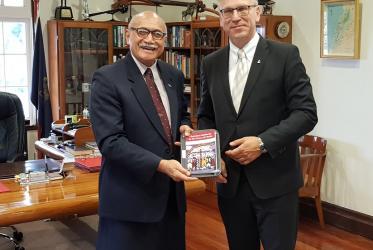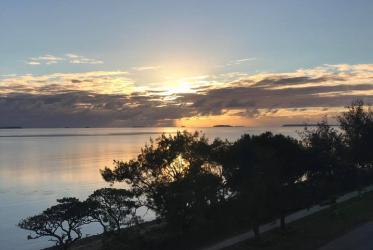Displaying 81 - 100 of 161
16 November 2017
First minister of Scotland meets WCC delegation at COP23
16 November 2017
Fijian Methodists call for prayers for COP23
07 November 2017
Global churches act together for climate justice in call to COP23
04 November 2017
In Fiji, “time to go beyond the reef”
14 August 2017
Hopes shared in Tonga, where dawn starts first
06 August 2017
“Overcoming economic injustice” vision of WCC’s Athena Peralta
23 February 2017
WCC mourns the death of Polynesian nuclear fighter John Doom
28 December 2016
New videos help congregations hasten HIV response
20 October 2016
GEM school ends with hope for a better tomorrow
08 September 2016
A just financial and economic architecture is possible, students find
08 September 2016
